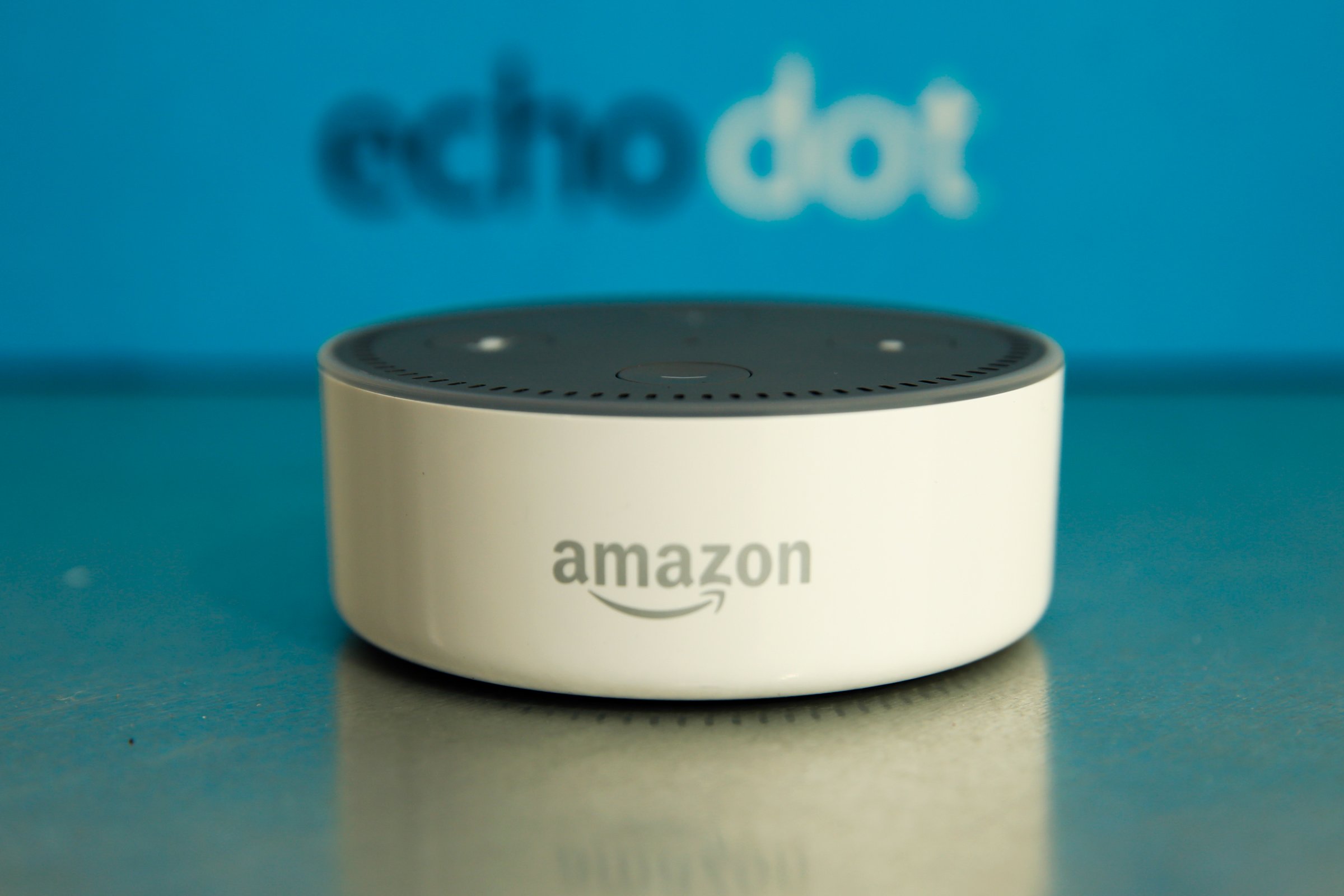
In terms of sales, the iPhone is clearly Apple’s most important product. But a relatively unsung hero for the company is Siri, its voice-activated digital assistant. While Siri is primarily available on iPhones, it has also made its way to Macs, the Apple TV and automobiles via Apple’s CarPlay platform. Even Apple’s new AirPods wireless earbuds have Siri capability. Taken together, these steps all mean that if you’re a heavy Apple user, Siri is probably always at your beck and call.
That’s important for Apple as Silicon Valley’s battle over voice-activated artificial intelligence apps continues heating up: Microsoft has Cortana, Google has Google Now, and Amazon has Alexa. It’s the lattermost company, though, that has emerged as Apple’s most threatening competitor in this space.
That’s mostly thanks to the Echo, Amazon’s Internet-connected, Alexa-enabled smart speaker, which became a breakout hit, selling an estimated 11 million units thus far, despite initial skepticism on the part of reviewers. Echo owners can use the device for everything from setting a timer while cooking to controlling other web-connected smart home devices, like light fixtures.
Read more: The ultimate guide to the Amazon Echo
Despite Amazon’s success, Apple has no apparent interest in copying the Echo. After talking with Apple executives, I’ve come away with the impression that they’re more interested in turning Siri into an omnipresent AI assistant across devices, rather than designing a single device specifically to serve as a Siri machine. Apple is also very interested in positioning Siri as a control hub for smart home devices, as evidenced by a recent and impressive HomeKit demo I observed.
Apple’s strategy here is best highlighted by the Siri functionality on the AirPods. AirPods users can summon Siri with a simple double-tap on one of the earbuds. That makes Siri even more useful, giving users a hands-free way to get answers to simple questions, navigate, or send text messages. It’s a little like the AI in the sci-fi movie Her, though not nearly as intelligent.
While some observers have argued Apple is behind in the voice-activated AI space, I believe Apple’s approach will prove the smarter path in the long run. Delivering an AI assistant that’s with you all the time, rather than tethered down to a single device, is a better and more useful solution. While a fixed-point device like the Echo clearly has its place, it will be an omnipresent platform that wins the AI wars. Amazon has been trying to compete with Apple by opening up Alexa to a plethora of third parties, from automakers to home appliance companies. But no technology is as omnipresent in our lives as the smartphone, and Amazon’s high-profile attempt to make one was a flop. That gives Apple, which sells around 75 million iPhones every quarter, a major advantage moving forward.
Tim Bajarin is recognized as one of the leading industry consultants, analysts and futurists, covering the field of personal computers and consumer technology. Mr. Bajarin is the President of Creative Strategies, Inc. and has been with the company since 1981 where he has served as a consultant providing analysis to most of the leading hardware and software vendors in the industry.
More Must-Reads from TIME
- How Donald Trump Won
- The Best Inventions of 2024
- Why Sleep Is the Key to Living Longer
- Robert Zemeckis Just Wants to Move You
- How to Break 8 Toxic Communication Habits
- Nicola Coughlan Bet on Herself—And Won
- Why Vinegar Is So Good for You
- Meet TIME's Newest Class of Next Generation Leaders
Contact us at letters@time.com